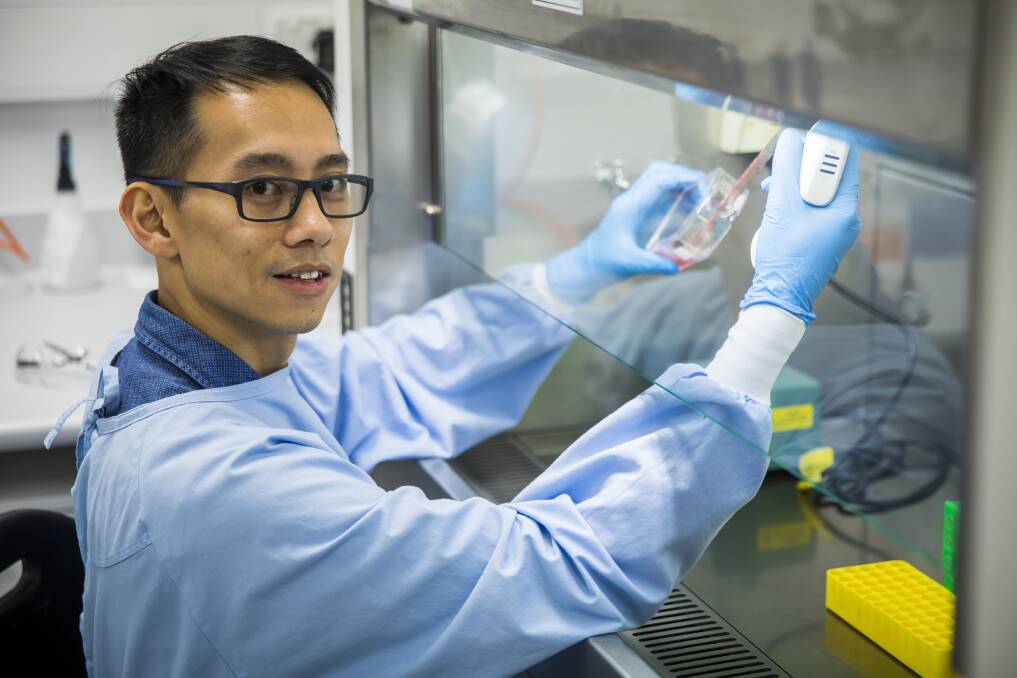
Research into how changes in stomach bacteria may contribute to the development of bowel cancer is being studied at Kogarah.
Researchers from the Microbiome Research Centre are examining how changes in the gut lead to chronic inflammation.
They are using molecular technology to study microbes, in the aim of discovering how they contribute to bowel cancer, and how it can be potentially prevented through manipulation.
St George and Sutherland Medical Research Foundation, which relies mostly on donations to fund its projects, launched its study of gut microbiome to understand its connections to bowel disease.
Gut microbiome is made up of trillions of microorganisms, and their genetic material live in the digestive system.
June is Bowel Cancer Awareness Month.
Bowel cancer is the second most common cancer in Australia, with about 17,000 cases diagnosed each year.
It has a death rate of more than 4000 deaths per year, second only to lung cancer.
In Australia, the risk of developing bowel cancer before the age of 75 is about one in 19 for men and one in 28 for women.
Age, obesity, excessive consumption of alcohol, lack of physical activity, poor diet and smoking are well-known risk factors, and five per cent of bowel cancer cases are genetic.

